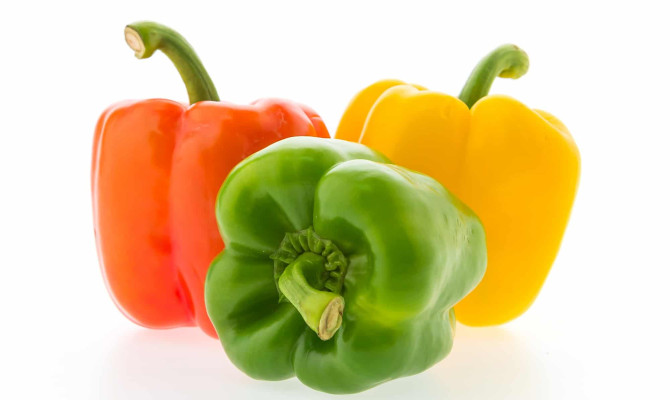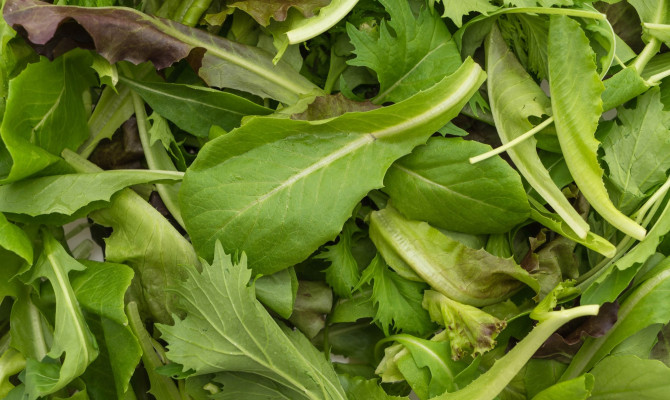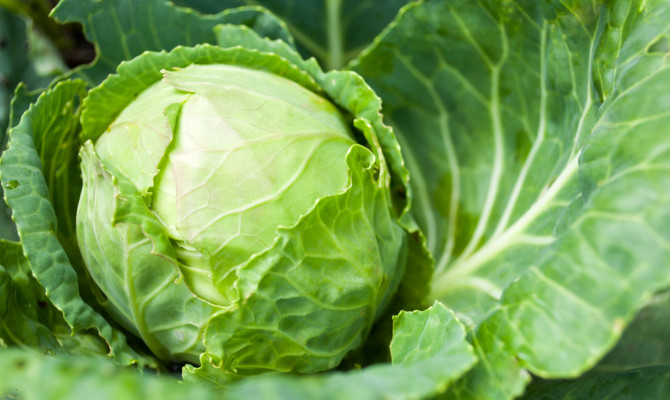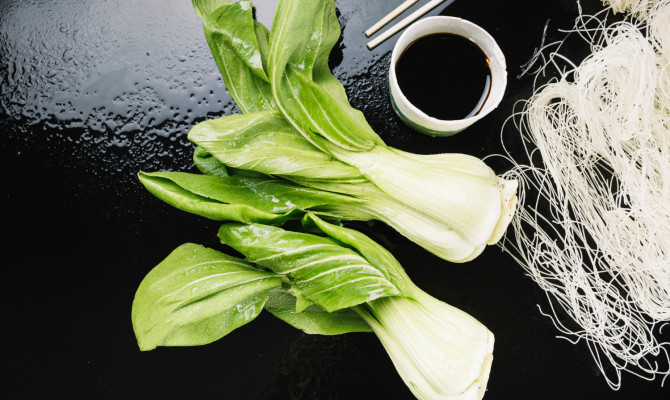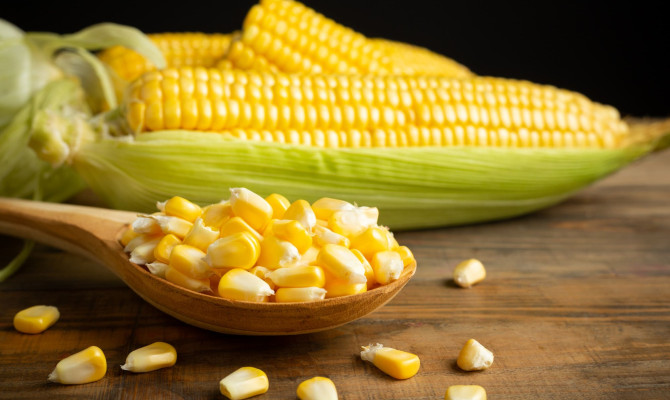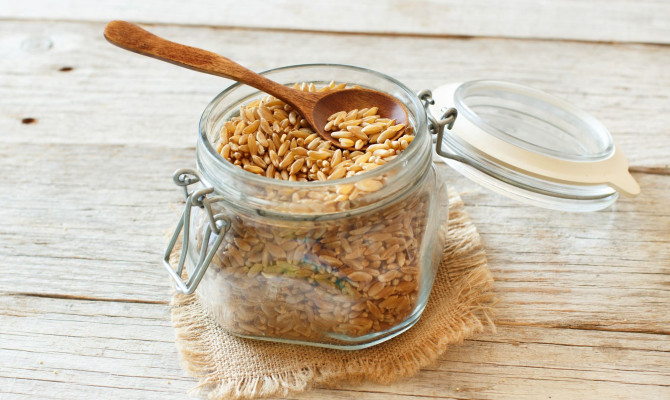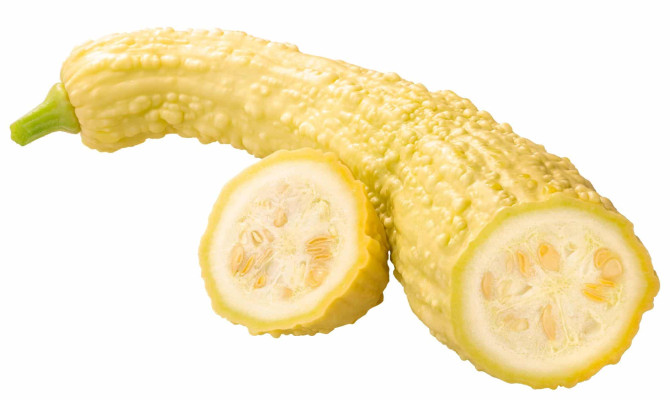Endive: The Versatile Delight for Palate and Health

- Endive
- 22 Aug 2023
Overview
About Endive
Endive, also known as chicory or escarole, is a leafy vegetable that often goes unnoticed on the grocery store shelves. However, its crisp texture, slightly bitter taste, and remarkable versatility make it a delightful addition to any culinary repertoire. In this comprehensive article, we will look into the world of endives, exploring its origins, nutritional benefits, and various uses in cooking. Moreover, we will share delectable recipes, including a refreshing endive salad, to inspire you to incorporate this underappreciated vegetable into your meals.1Overview| Researched based study from Uada.edu
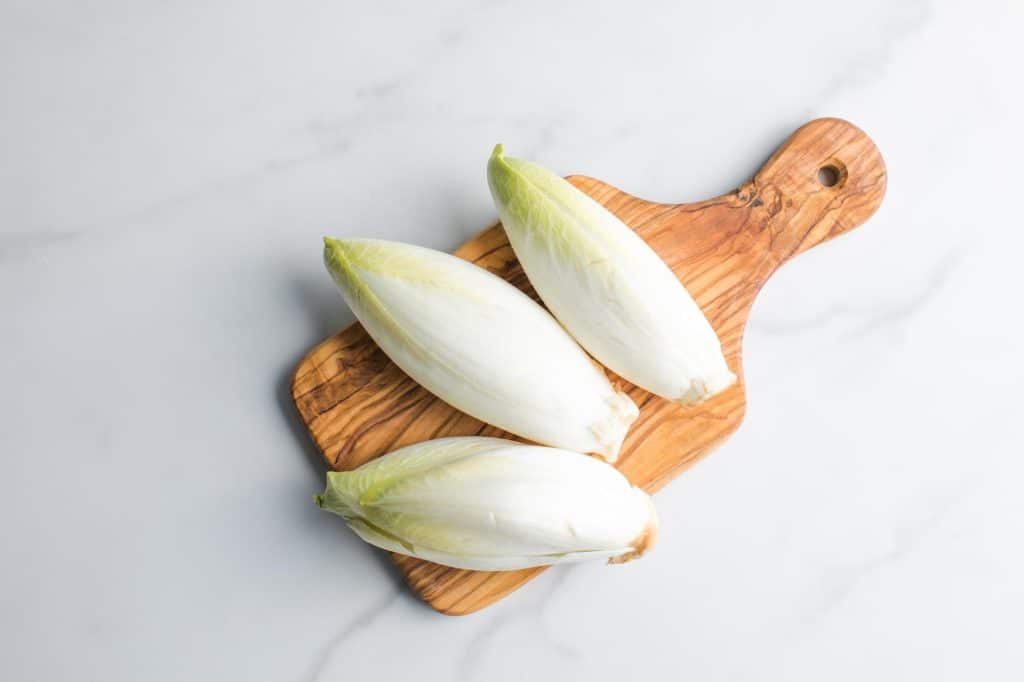
Types
Types of Endive
Endive has been revered due to its medicinal properties since ancient civilizations, suggesting a rich history. It belongs to the Asteraceae (also known as the Daisy) family. It is considered a native plant of Egypt and Indonesia, but has also been cultivated in numerous parts of Europe since the 16th Century. It is generally considered as a cool season plant. Today, endive is cultivated worldwide, with several popular varieties available.1Types| Researched based study from Uada.edu
The two main types are:
- Belgian endive
- Curly endive
Belgian Endive
- It is also known as witloof or Brussels endive, is a type of endive where leaves are slightly pale and are generally elongated in shape. It is grown in darkness, giving it a distinct ivory color and delicate flavor. It is commonly used in salads, appetizers, and braised dishes.
Curly Endive
- Curly endive, also called frisée, has lacy, frilly leaves that add an appealing texture to dishes. Its vibrant green color and slightly bitter taste make it a popular choice for salads, soups, and sautéed preparations.
Nutrition
Nutritional values of Endive
Its (Cichorium endivia) nutritive value per 100 grams is:
- Like other leafy green vegetables, endive is abundant in water containing almost 93.8 grams of water per 100 grams.
- Water: 93.8 grams
- Calories: 17 kcal
- Carbohydrate: 3.35 grams
- Total Fat: 0.2 grams
- Dietary fiber: 3.1 grams
- Protein: 1.25 grams
- Calcium: 52 milligrams
- Phosphorus: 28 milligrams
- Sodium: 22 milligrams2Nutrition| Researched based study from Usda.gov
Due to being a non-starchy vegetable, it can perfectly fit in the keto diet plan.
Health Benefits
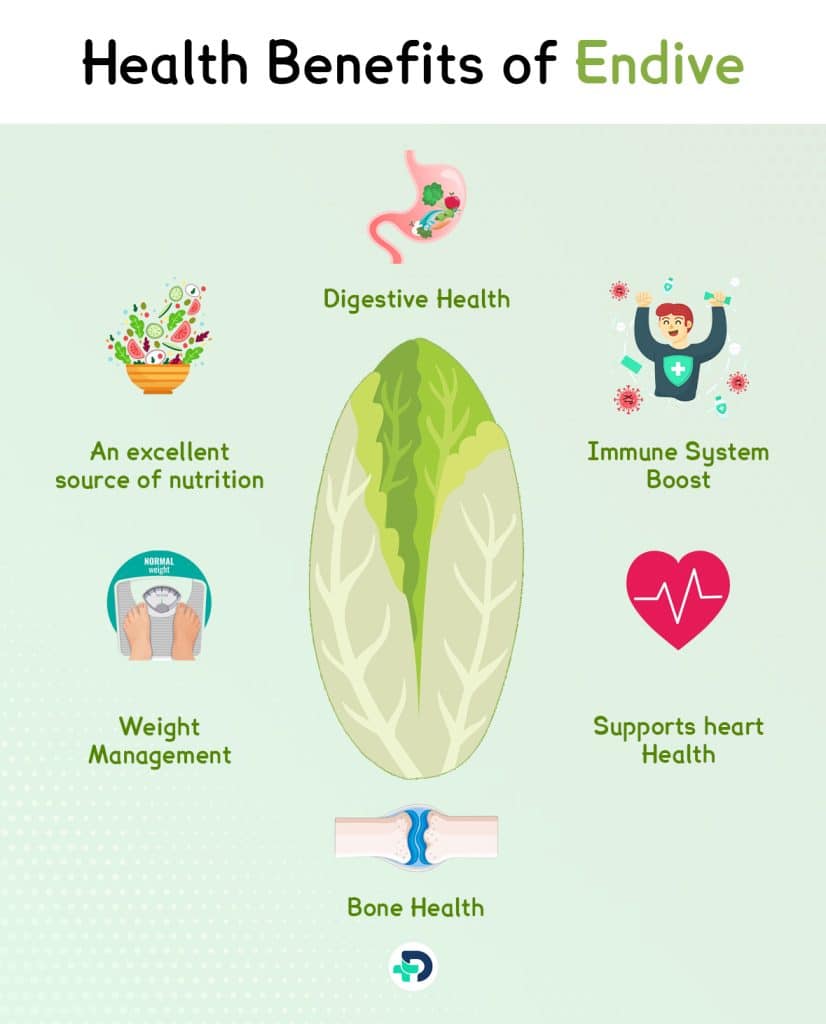
Health Benefits of Endive
- Provides Nutrition
- Improves digestion
- Helps in Weight management
- Boost immunity
- Promotes heart health
- Good for bones
An excellent source of nutrition
- Endive stands as an excellent nutritional powerhouse, boasting an impressive array of vitamins and minerals. It is abundant with vitamin A, supporting healthy vision, promoting skin health, and bolstering the immunity. Vitamin C, another crucial nutrient found abundantly in endive, aids in strengthening immunity, fighting free radicals, and supporting collagen production for healthier skin. Endive also provides an abundance of vitamin K, which is essential in clotting of blood in case of any bleeding.
- In addition to vitamins, endive contains other essential minerals which includes calcium, potassium, and magnesium. Calcium contributes to development of teeth and bones, whereas potassium helps in maintaining heart health and also in regulation of blood pressure. Magnesium assists in proper functioning of muscles and nerves.
Digestive Health and Prebiotic Benefits
- Endive’s high fiber content makes it a fantastic ally for digestive health. The high fiber content is essential in promoting regular bowel movements thereby preventing development of constipation. Therefore it supports overall digestive wellbeing.
- Moreover, endive contains a natural prebiotic called inulin. This acts as a great source of food for the gut bacteria. These friendly bacteria, such as Bifidobacterium and Lactobacillus, help maintain a healthy gut environment, improve nutrient absorption, and enhance immune function.
Immune System Boost
- The immune-boosting properties of endive is mainly due to the high content of vitamin C in endives. Vitamin C is a potent antioxidant that aids in neutralizing harmful free radicals, reducing inflammation, and supporting the immune system’s optimal functioning. This elevated immunity helps to fight of infections and also decrease the duration of colds and flu’s along with its severity.
Weight Management and Satiety
- Endives are extremely low in calories and are a great source of fiber therefore they are great in weight management. With its minimal calorie count, endive allows for guilt-free indulgence, while its fiber helps promote a feeling of satiety, reducing the urge to overeat.
- Furthermore, endive’s low fat and carbohydrate content make it an excellent choice for those seeking to manage their weight effectively. By incorporating endive into a balanced and nutritious diet, individuals can maintain a healthy weight and feel satisfied after meals.
Supports heart Health and blood Pressure Regulation
- Endive offers significant benefits for heart health, primarily due to its potassium content. Potassium is essential in regulating the blood pressure. Therefore endives can reduce the incidence of hypertension. It has also been attributed to reduce other cardiovascular diseases such as stroke and heart attack.
- Additionally, the fiber found in endive contributes to maintaining heart health by reducing LDL cholesterol levels.
Bone Health and Calcium Absorption
- Endive’s rich calcium content contributes to the maintenance of healthy bones and teeth. Endive offers a natural, plant-based source of calcium, making it a valuable addition to diets for individuals who may be lactose intolerant or prefer non-dairy alternatives.
- Vitamin K, another nutrient found in endive, plays a crucial role in bone health by aiding in calcium absorption and ensuring its proper utilization in bone tissues.
Side effects
Potential Side effects of Endive
When eaten in a moderate quantity, almost no side effects have been associated with endive. However few people might show an allergic reaction due to cross sensitivity to other green leafy vegetables like lettuce.
Allergic Reactions
- These are very rarely seen. Allergies to endive are generally caused by a sensitivity to certain proteins found in the vegetable.
- Symptoms most commonly scene include mild breathlessness with swelling of tongue and lips along with itching and hives.
- Very rarely it may develop anaphylaxis. Seek medical attention immediately if you develop any of these symptoms.
Gastrointestinal Discomfort
- It usually develops if large amounts of endive are consumed. The high fiber content in endive can cause bloating, gas, and abdominal cramps.
- Symptoms are generally temporary and subside soon as the body starts to adjust to the increased fiber intake.
Oxalate content
- Endive contains oxalates, naturally occurring compounds found in many vegetables. In some individuals, a very high intake of oxalates can lead to development of kidney stones.
- If you have a history of kidney stones or are at an increased risk, it is advisable to moderate your endive consumption and ensure that you stay adequately hydrated.
- Additionally, cooking endive can help reduce the oxalate content, making it a safer option for individuals prone to kidney stones.
Interactions with Thyroid Function
- Endive contain substances called goitrogens. These goitrogens can interfere with the proper thyroid functioning of few individuals. However, the goitrogenic effects of endive are generally minimal when consumed in normal amounts. It is advisable to consult with your doctor before incorporating endive into your diet if you are on any thyroid medication.
Interactions
Drug Interactions
Interference with Certain Medications:
- Endive contains compounds called coumarins. These compounds have some anticoagulant properties associated to them. While these effects are generally mild, it is important to exercise caution if you are taking medicine such as aspirin or warfarin, which are blood thinning agents and can lead to bleeding.
- Consuming excessive amounts of endive while on these medications may increase the risk of bleeding or interfere with the medication’s efficacy. It is crucial to consult with your healthcare provider to determine if endive consumption is safe while taking these medications.
Storage
How Endive is stored?
To fully enjoy endive’s crisp texture and distinct flavor, proper storage is essential. Therefore it is essential to employ the best practices for storing endive, ensuring its longevity and preserving its nutritional value.
- To maintain the freshness of endive, refrigeration is crucial. Store them in the refrigerator’s crisper drawer, as this has a slightly higher levels of humidity. Proper refrigeration is essential and can therefore extend the shelf life of endive for up to two weeks.
- Endive thrives in cool temperatures and moderate humidity. Set the refrigerator’s temperature between 32°F and 40°F (0°C and 4°C) to ensure the vegetable remains crisp and flavorful.
- Storing endive away from ethylene-producers such as bananas and tomatoes is essential. Keeping endive separate from ethylene-emitting foods helps maintain its freshness for a longer duration of time.
- If you have leftover cut endive, storing it properly is crucial to maintain its crispness and freshness. Wrap the cut end of endive in a plastic bag or you can also place it in an airtight container.
- While endive is generally best consumed fresh, freezing can be an option to extend its usability3Storage| Researched based study from Foodprint.org
Any feedback on this article?
 This Articles content was accurate
This Articles content was accurate Very Informative Article
Very Informative Article I have a question or a comment
I have a question or a comment
 This article contains inaccurate content
This article contains inaccurate content This article was not helpful
This article was not helpful I have a question or a comment
I have a question or a comment
We appreciate your helpful feedback!
Checkout our social pages
References
-
University of Arkansas System Division of Agriculture
Endive | Overview | Types
-
U.S. DEPARTMENT OF AGRICULTURE
Endive, raw | Nutrition
-
Food print
Chicories and Endives | Storage












